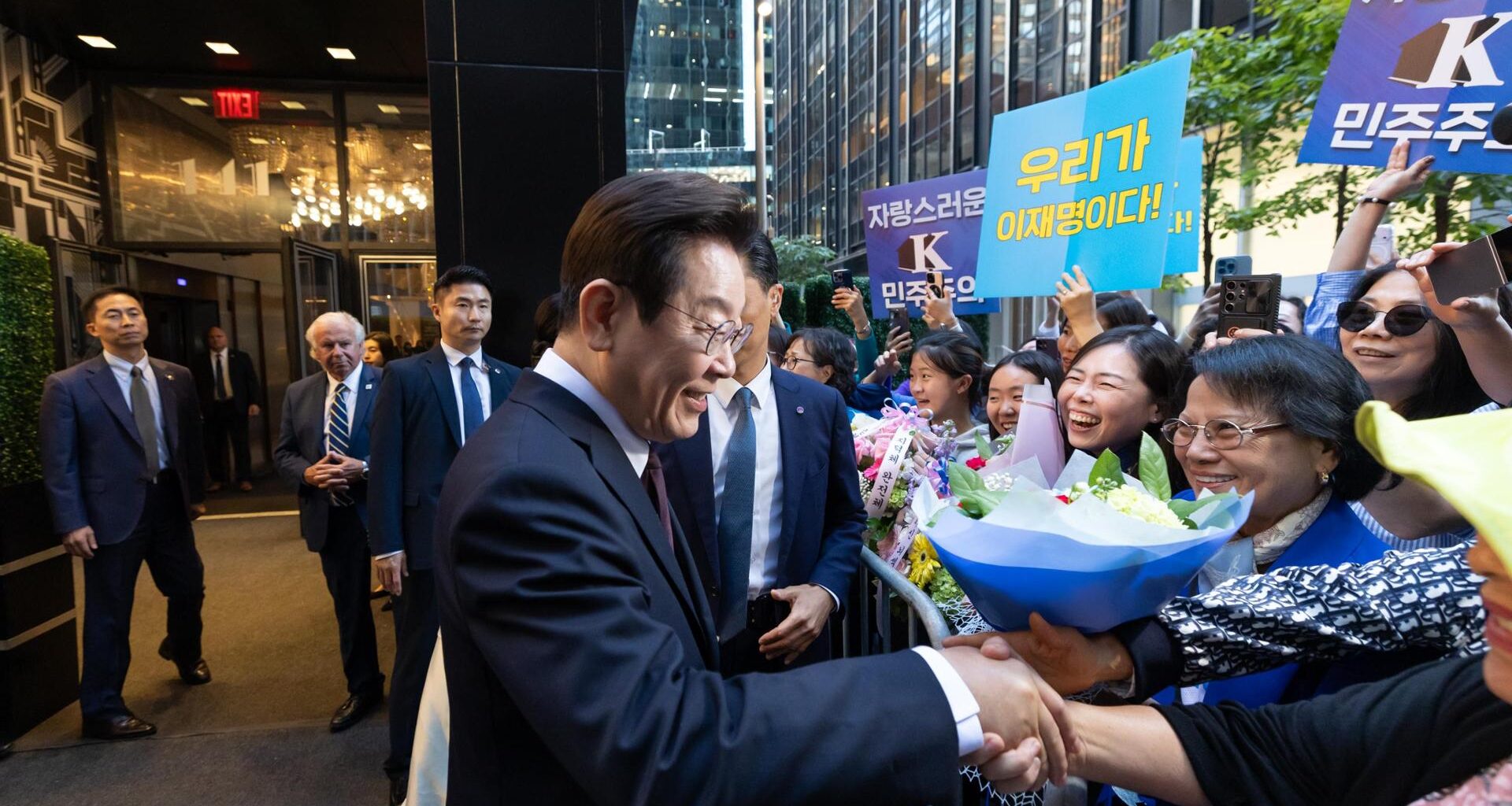SEATTLE — President Lee Jae-myung’s plan to lower the age limit for dual citizenship is drawing skepticism from many Korean Americans, who see the pledge as largely symbolic and say it overlooks deeper problems tied to automatic citizenship and tax burdens.
At present, Korea permits only overseas Koreans aged 65 or older to hold dual citizenship. Lee said Thursday his administration would review lowering that bar, citing the need to strengthen ties with Korean nationals abroad and respond to longstanding requests from diaspora groups. He also promised better protections for Koreans overseas and improvements to voting access.
But online forums and community discussions show a disconnect.
For many Korean Americans, the age limit is less of a concern than the unintended burdens created by Korea’s laws on citizenship and taxation.
“Most of us here already chose to become U.S. citizens,” one commenter wrote on MissyUSA, the largest Korean online community in the U.S. “Lowering the age doesn’t matter. What we really need is for Korea to fix the problem of U.S.-born kids who are automatically saddled with Korean nationality they never asked for.”
This so-called “birthright dual citizenship” has long been a contentious issue.
Children born to Korean parents abroad often acquire Korean nationality without consent, leaving families to navigate complex renunciation procedures. Parents say the process is bureaucratic and time-consuming, and if deadlines are missed, sons may later face mandatory military service.
“Some of these kids don’t even speak Korean and have spent less than six months in Korea their whole lives,” said one parent. “Yet they’re treated as if they have obligations to the country. It’s an unfair burden that makes no sense in today’s world.”
“I was able to sort it out in the end, but it’s still a bad law that needs to go, especially for kids from divorced families or those who want to give up their citizenship but can’t because the process is so difficult,” another user wrote.
Others echoed the sentiment, saying, “How many overseas Koreans are really asking for the age limit on dual citizenship to be lowered? People like me already chose to become U.S. citizens. What really needs to change is the law that automatically gives dual nationality to children born here.”
Beyond nationality, Korean Americans also point to the country’s inheritance and gift tax regime as a bigger obstacle to closer engagement.
Unlike the U.S., which exempts spousal transfers entirely, Korea limits the amount that can pass tax-free between married couples. Overseas Koreans say this discourages them from reclaiming or maintaining Korean citizenship because it exposes their U.S. assets to Korean scrutiny.
“Korea’s inheritance and gift tax system is too heavy,” another commenter said. “If those issues aren’t resolved, fewer and fewer people will want dual citizenship, no matter what the age limit is.”
Some community members see Seoul’s overtures as more about tax revenue than inclusivity. “Because the government is short on funds, it looks like they’re trying to secure more taxes from wealthy Korean Americans,” one person argued.
The reactions underscore a fundamental divergence in priorities.
While the government emphasizes symbolic gestures like lowering the age threshold, overseas Koreans are focused on practical reforms, such as eliminating automatic nationality for second-generation children abroad, simplifying renunciation procedures, and easing tax rules.
